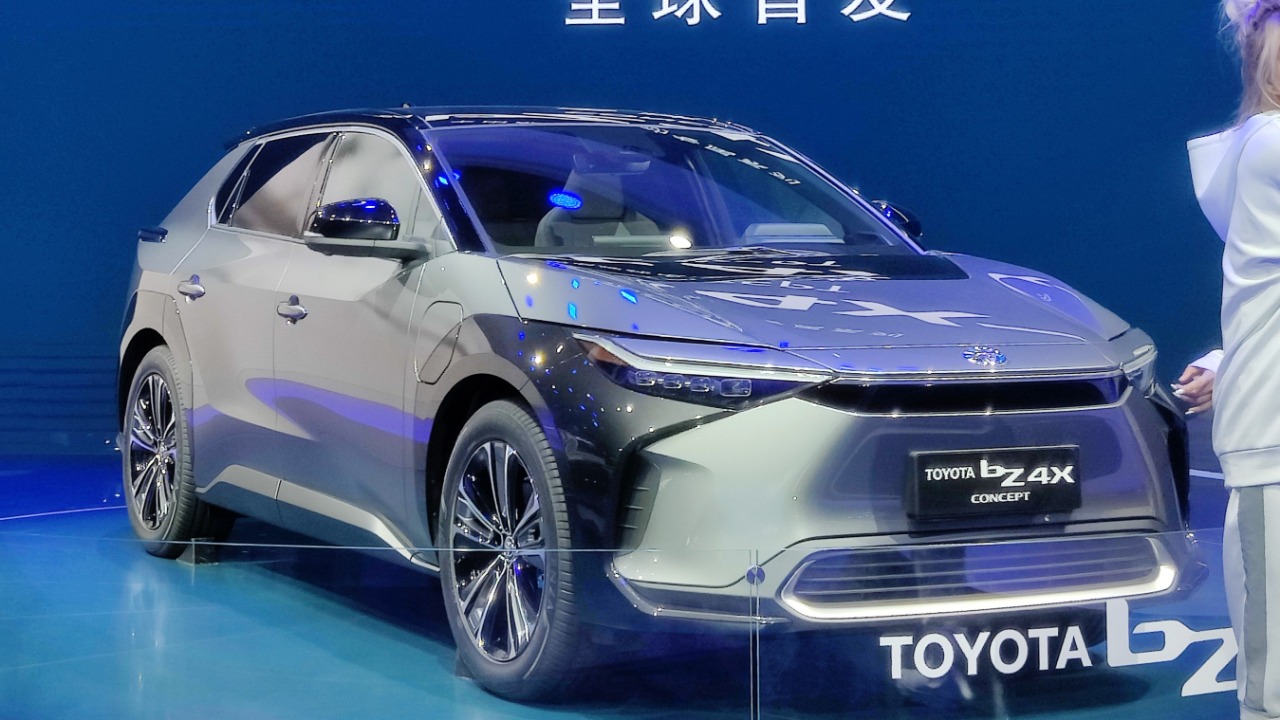
Toyota, a leading player in the automotive industry, has hit a speed bump in its journey towards electric vehicle (EV) expansion. The company has been forced to halt its plans due to persistent issues at its key battery production facility. This setback underscores the ongoing challenges in scaling up battery manufacturing, which could potentially impact Toyota’s ambitious EV production targets in the coming years. The news, reported on November 13, 2025, highlights how supply chain and production delays are compelling strategic reassessments in the automotive sector.
Toyota’s EV Ambitions Under Scrutiny
Toyota has a long-standing commitment to hybrid vehicles and has been gradually transitioning towards full EVs. The company has set specific goals for EV production volumes in the past, but the current pause could disrupt these plans. This development might also deviate from Toyota’s multi-year roadmap for achieving carbon neutrality, which is based on internal timelines.
Toyota’s executive statements have often emphasized a balanced approach between hybrid and pure EV strategies. However, the recent developments might necessitate a reevaluation of this stance. More details on Toyota’s official EV strategy updates can be found here.
The Battery Factory’s Repeated Setbacks
The battery factory in question plays a crucial role in supplying cells for Toyota’s upcoming EV models. Its location and capacity are critical to the company’s EV ambitions. However, the factory has faced a series of delays since its initial construction phases, with the latest being another significant setback.
The reasons for the most recent postponement are technical in nature, including equipment issues and raw material shortages. These challenges highlight the complexities and potential pitfalls in scaling up battery production.
Immediate Impacts on Production Schedules
The delay at the battery factory is likely to disrupt the launch of specific EV models. The names of the affected vehicles and their expected market entry dates have yet to be announced. The reduction in projected battery output from the factory could also be significant, impacting annual capacity figures.
Workforce implications at the factory site are another concern. Temporary layoffs or reallocations may be necessary in response to the 2025 delay, affecting the livelihoods of many employees.
Financial Repercussions for Toyota
The battery factory delays are likely to result in substantial cost overruns for Toyota. Capital expenditure figures from recent fiscal reports could see a significant increase. The stock market’s reaction to the news will also be closely watched, with potential fluctuations in share prices expected following the November 13, 2025 announcement.
Toyota’s overall earnings guidance may need to be adjusted in light of these developments. The impacts on the profitability projections for the EV segment could be particularly significant.
Competitive Landscape in EV Manufacturing
Toyota is not alone in facing challenges with battery production. Rivals like General Motors and Volkswagen have also encountered similar hurdles. However, the current pause could affect Toyota’s position relative to leaders like Tesla in the global EV market share.
Industry analysts have commented on how such delays could shift competitive advantages. More insights on the specific Toyota developments can be found here.
Toyota’s Strategic Pivot and Next Steps
In response to the current challenges, Toyota may need to pivot its strategy. This could involve increased reliance on external battery suppliers or a renewed emphasis on hybrid models. The company has yet to announce its contingency plans.
Upcoming milestones for resuming factory operations, including revised completion dates post-delay, will be critical to monitor. Toyota’s leadership is expected to adapt its EV goals in light of the 2025 setbacks, with forward-looking comments eagerly anticipated by industry observers.
More from MorningOverview